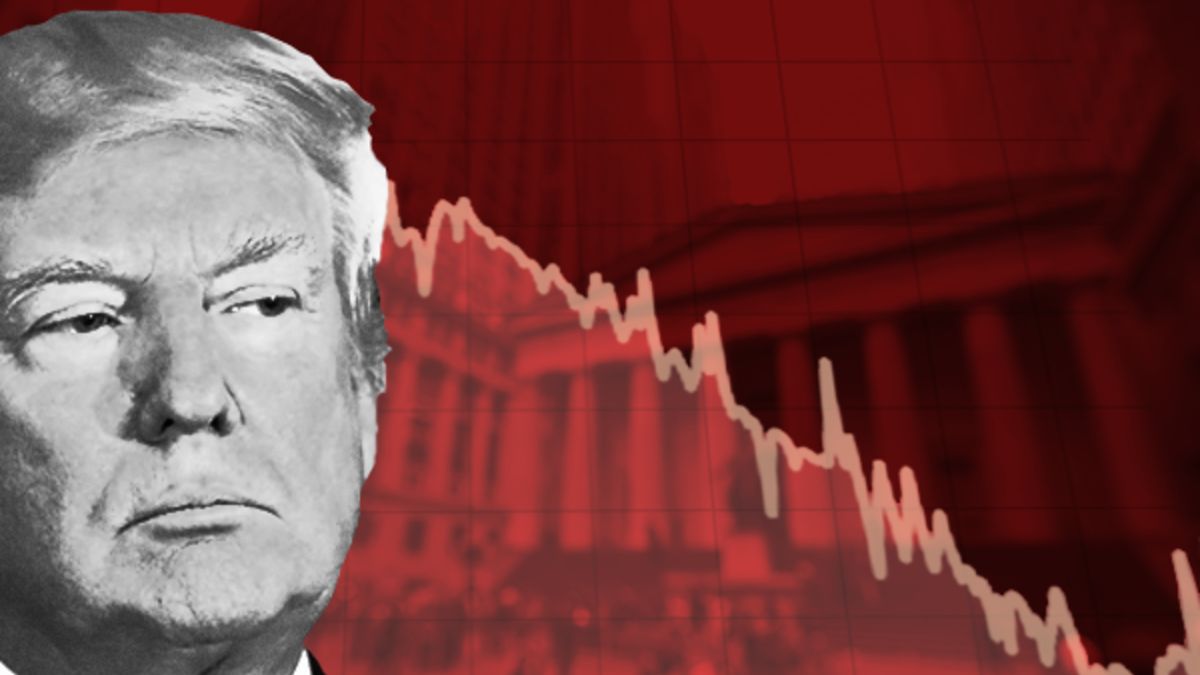Donald Trump’s campaign promise to impose higher tariffs on imported goods, particularly from China, has gained the support of a narrow majority of U.S. voters, according to a recent Reuters/Ipsos poll. The survey, conducted between September 11-12, reveals that 56% of registered voters favor a new 10% tariff on all imports and a 60% tariff specifically on Chinese goods. Conversely, 41% of respondents are less supportive of this proposal.
Trump’s tariff pitch is seen as a key strength in his economic platform, which may be contributing to the tightness of the presidential race. Despite having an overall 5-point deficit against Democratic opponent Vice President Kamala Harris nationally, Trump’s economic proposals resonate with a significant portion of the electorate.
Polling expert Karlyn Bowman of the American Enterprise Institute attributes Trump’s edge to the perceived success of the economy during his 2017-2021 administration and his framing of economic issues as stemming from unfair competition from countries like China. The poll also highlights that while 37% of voters believe Trump is more likely to reduce the national debt, 30% support Harris on this issue, with 30% undecided.
The survey found that Trump’s proposals, including ending income tax on tipped income and eliminating taxes on overtime pay, align with his broader economic message. However, economists express concern that such tariffs could hinder economic growth. Goldman Sachs estimates that Trump’s policies might slow the economy, whereas Harris has criticized Trump’s plans for potentially exacerbating the national debt.
Additionally, voters view Trump more favorably on inflation, with 43% believing he would better address price increases compared to 36% who prefer Harris. Trump’s policies on business climate and economic management also receive mixed responses, with Harris holding a slight lead in creating favorable conditions for individuals and families.
The poll reflects a closely contested race with significant debate over economic strategies and their implications for the U.S. national debt and economic health.


